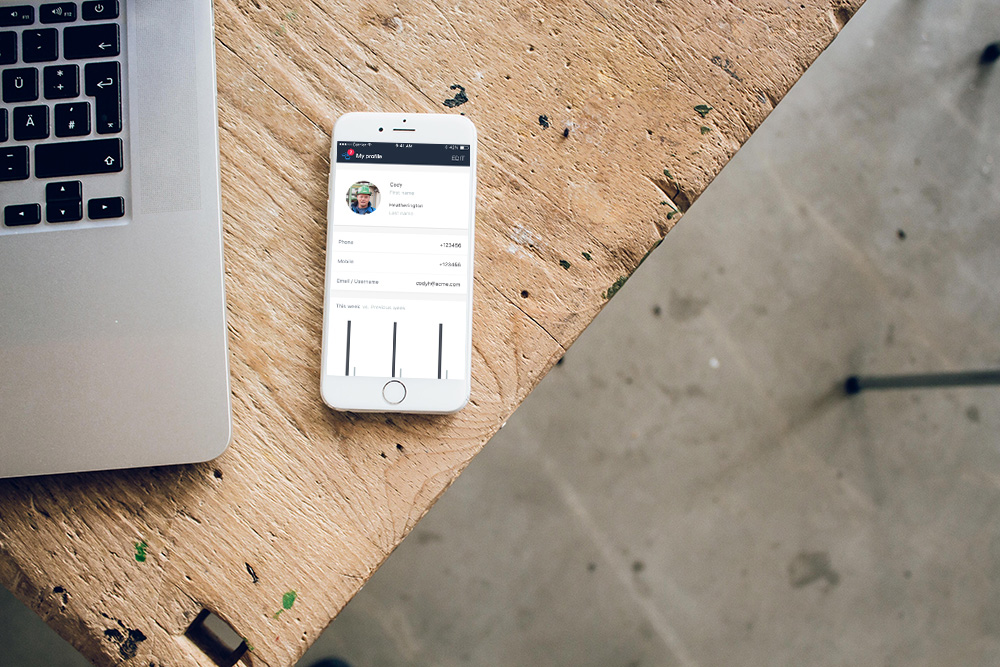
In the current age and time, organisations across various industries have started allowing employees to bring their own devices to work, and thereby giving them access to company data and apps on their personal devices. While several managers worry about the possible drop in productivity and threat to security that a Bring Your Own Device policy (BYOD) may lead to, research suggests that given a defined BYOD policy, the organisation stands to benefit from this system.
What is a BYOD policy?
It is the policy that defines the agreement between an employee and an organisation when the employee uses their own devices for professional purposes.
These devices include phones, tablets, laptops, etc. From the monthly bills to the security norms, a BYOD policy is a comprehensive, go-to solution for all problems and concerns that may arise from an employee using their personal devices at work.
Understanding your organisation environment and tailoring the BYOD policy can lead to more satisfied employees and reduced hardware cost for your company. The first step that the organisation needs to take before it can implement a BYOD policy is to install a Mobile Device Management (MDM) software, a common type of smart software used by tradie organisations.
Overcoming the challenges & threats of BYOD
People tend to be exposed to various security threats, like unsecured apps and malware, on their personal devices. With an MDM software in place, companies can control access to data and in general, avoid future security concerns. By using high levels of encryption for sensitive data, organisations can ensure that a middleman (most likely, a hacker) is unable to forge security certificates and intercept valuable data.
Here are some additional steps to ensure that your BYOD policy works not just in favour of the organisation but also for the employees:
- Maintaining a detailed record of the employee devices
- Implement password protection, antivirus and backup software
- Training employees on keeping their devices and data secure
- Setting emergency protocols in case of theft, fraud, etc.
Advantages of an ideal BYOD policy
A survey among tradies showed that workers who use their mobile devices for both work and personal purposes put in 240 more hours per year than those who do not. Using personal devices at work encourages workers to respond to important and urgent matters, even after work hours, thereby reducing wait times and enabling quicker resolution of action items. Shorter turnaround times and seamless business operations drive business productivity.
In what may be a subtle but significant impact, implementing a BYOD policy also makes employees feel that the organisation trusts them, thereby fostering loyalty and increasing employee morale.
Implementation of BYOD policy:
The success of the BYOD policy depends on the manner in which it is implemented. The IT department plays a major role in designing the implementation framework. As long as the security concerns for data, network and access are accounted for, there is no reason why BYOD policy shouldn’t have a significant impact on the agility in business operations.





